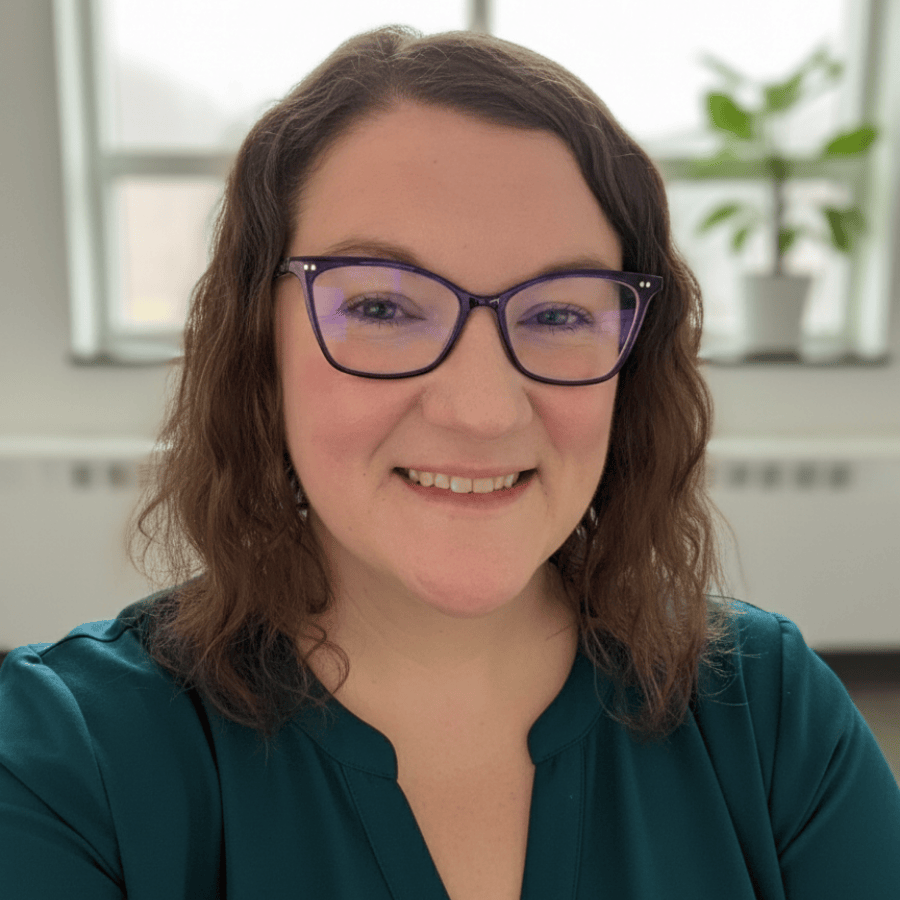


The purpose of this proposal is to align professional learning activities with Adult Learning theory while sharing strategies and tools for the development of asynchronous professional learning courses using free ed tech tools available - specifically Google Classroom, Google Sites, Google Docs, and Google Forms. As a result of their participation in this session, participants will be able to:
1. apply Adult Learning Theory to the planning of an asynchronous professional learning course.
2. use the previously listed Google tools to design a course that is linear and makes sense to the user.
3. demonstrate best practices in educational technology for their colleagues by modeling the use of the technology tools for learning.
I have personally used the strategies in this session with staff and have seen success in participation rates and engagement from teachers when they have their own timeline to participate in activities instead of following along on a specific schedule. Our teachers' use of programs that we provide professional learning on have increased since switching over to an asynchronous design for this type of learning.
The timeline for this session will depend on whether it is 90 minutes of 60 minutes. The last segment is the 30 minute addition that will happen if selected as a 90 minute session.
Part 1: Adult Learning Theory (20 minutes) - I will use Nearpod for the presentation portion of the session for it's interactivity. In this part I will review the elements of Malcolm Knowles's Adult Learning theory with a poll, matching board, and collaborate board included. At the conclusion of this part, we will play a brief "Time to Climb" game in Nearpod to test participant's knowledge.
Part 2: Tech Tools to Create Asynchronous Courses (20 minutes) - In this segment I will share a sample asynchronous course that uses Google Classroom, Google Forms, Google Docs, and Google Sites. I will connect how the different elements of this course addressed the different aspects of Adult Learning Theory. As I work through the elements of the course, I will talk about a few of the different aspect s of the way the individual parts of the different tools worked to create a seamless course. I will also share a significant list of resources and tools that participants will be able to use to create
Part 3: Practice with using the Tools to Create the Course (20 minutes) - In the last segment of a 60 minute session, we will take time to work in small groups to break down the steps of the process of the design and creation of the course. I will provide support to the groups in assisting them with the planning and design of the asynchronous course.
Part 4 (If a 90 minute segment): Workshop time (30 minutes) Participants will be able to actually start to build the course using the Google Tools. Planning is critical, so that is the main part of Part 3, but Part 4 would involve actually beginning to implement the plan.
Leicha, B. A., Chris, W., & Marion, H. (2021). Successful design and delivery of online professional development for teachers: A systematic review of the literature. Computers & Education, 166.
Knowles, M. S., Holton, E. F., & Swanson, R. A. (2015). The Adult Learner: The Definitive Classic in Adult Education and Human Resource Development. Routledge.
https://www.researchgate.net/profile/Lucille-Maddalena/publication/279925413_What_the_is_Andragogy/links/559e738408aeab53f8fd2cc5/What-the-is-Andragogy.pdf
https://elearningindustry.com/the-adult-learning-theory-andragogy-of-malcolm-knowles
https://elearningindustry.com/9-tips-apply-adult-learning-theory-to-elearning
https://educationaltechnology.net/andragogy-theory-malcolm-knowles/
https://lincs.ed.gov/sites/default/files/11_%20TEAL_Adult_Learning_Theory.pdf
Nearpod (used in the first portion of the presentation) is web-based, so they will only need access to a web browser (though Nearpod works best in Chrome).
| Related exhibitors: | Renaissance, Kami, ScreenPal |